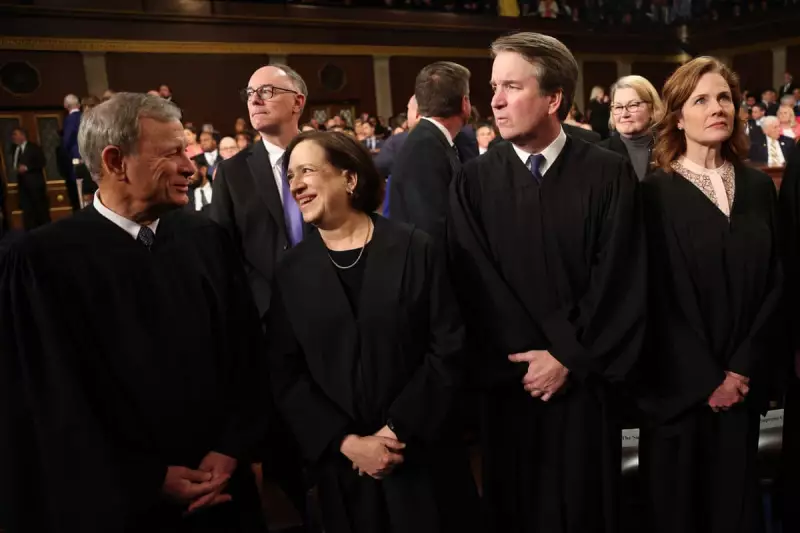
In a remarkable development that has captivated legal observers across the United States, Justice Amy Coney Barrett is demonstrating an independent judicial approach that is reshaping the dynamics of the nation's highest court. Appointed by former President Donald Trump to secure a conservative supermajority, Barrett is instead emerging as a nuanced and unpredictable force in landmark decisions.
An Unanticipated Independent Voice
Recent analyses of the Supreme Court's term reveal Barrett's tendency to break from her conservative colleagues in significant cases. Her rulings reflect a distinctive methodology that prioritizes textual interpretation and judicial restraint over ideological alignment, surprising many who anticipated she would consistently vote alongside the court's most conservative members.
Pivotal Decisions Demonstrating Judicial Independence
In several high-profile cases, Barrett has authored opinions that defy simple political categorization. Her approach demonstrates:
- Textualist precision that sometimes leads to unexpected outcomes
- Skepticism of broad judicial power even when it might advance conservative goals
- Coalition-building with both conservative and liberal justices depending on the legal questions at hand
- Doctrinal consistency that transcends political considerations
Implications for Future Landmark Cases
Legal experts note that Barrett's emerging pattern could significantly influence upcoming decisions on critical issues including abortion rights, gun control, and regulatory authority. Her willingness to depart from expected conservative positions means that predicting outcomes in closely divided cases has become considerably more complex.
A New Center of Gravity on the Bench
Rather than solidifying a reliable conservative bloc, Barrett's appointment has introduced a new variable into the court's deliberations. Her jurisprudence emphasizes the importance of judicial methodology over results-oriented decision making, potentially creating new alliances across the ideological spectrum based on legal reasoning rather than political affiliation.
This development suggests that the current Supreme Court may be less ideologically monolithic than commonly assumed, with Barrett's vote becoming increasingly pivotal in cases where the justices are closely divided.





